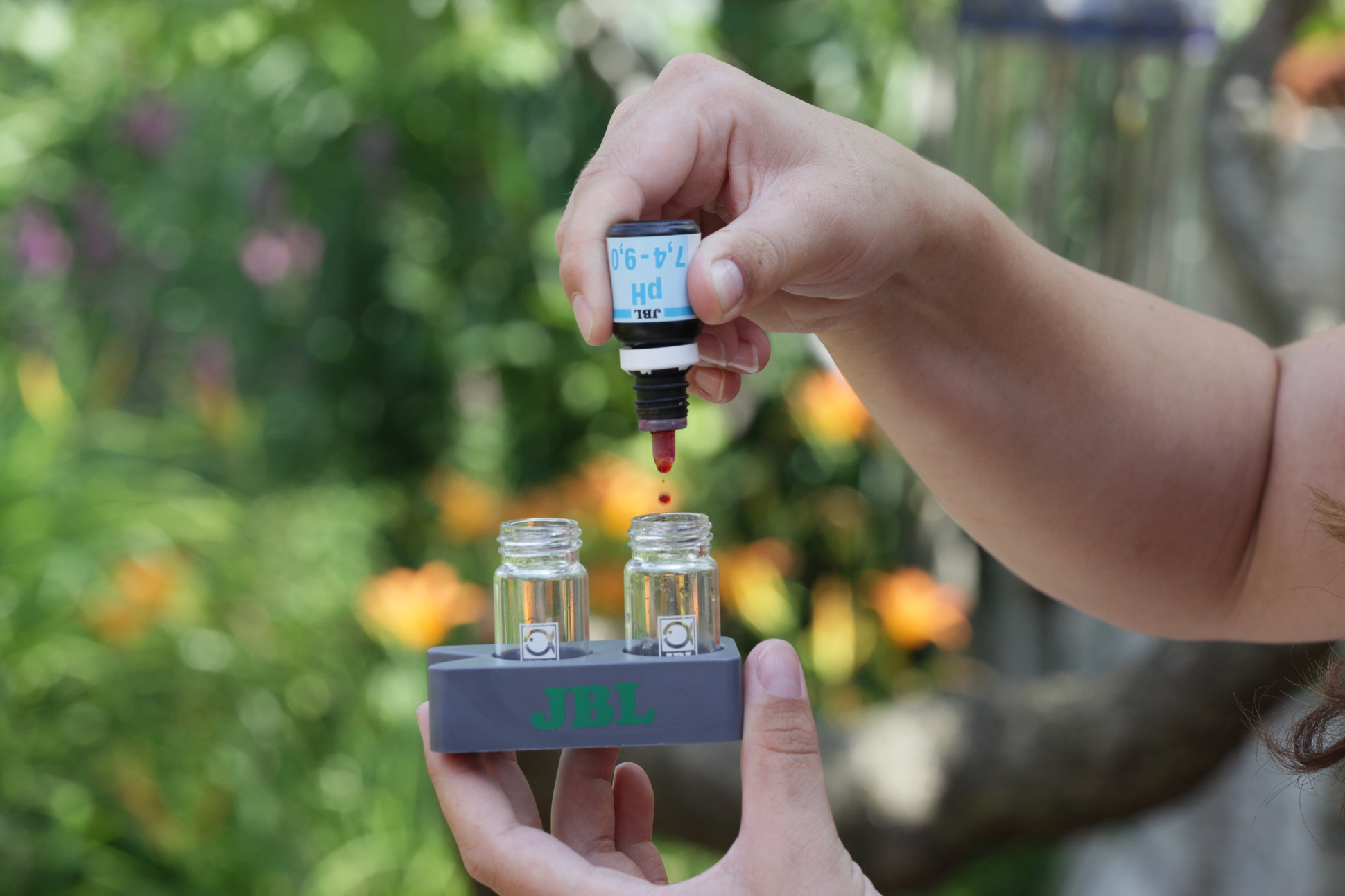- Your cart is empty
- Continue Shopping
Aquarium Water Quality – The Key to Happy and Healthy Fish

Keeping an aquarium can be a fun and rewarding experience, but it requires proper maintenance to ensure the health and happiness of your fish. One of the most important factors in maintaining an aquarium is water quality. In this article, we'll discuss everything you need to know about aquarium water quality and how to maintain it for happy and healthy fish.
Understanding Aquarium Water Quality
Aquarium water quality refers to the chemical and physical properties of the water in your tank. The most important factors to consider are pH, ammonia, nitrite, nitrate, and temperature. These factors are interrelated and can have a significant impact on the health of your fish.
pH
pH is a measure of how acidic or alkaline the water is. Different fish species require different pH levels, so it's important to research the ideal range for your fish. In general, most freshwater fish prefer a pH between 6.5 and 7.5, while saltwater fish prefer a pH between 8.0 and 8.4.
Ammonia
Ammonia is a toxic waste product that is produced by fish waste and uneaten food. High levels of ammonia can be harmful or even fatal to fish. Regular water changes, maintaining a healthy population of beneficial bacteria, and avoiding overfeeding can help keep ammonia levels in check.
Nitrite
Nitrite is a byproduct of the breakdown of ammonia by beneficial bacteria. High levels of nitrite can also be harmful to fish. Regular water changes and maintaining a healthy population of beneficial bacteria can help keep nitrate levels in check.
Nitrate
Nitrate is a byproduct of the breakdown of nitrite by beneficial bacteria. While nitrate is less toxic than ammonia and nitrite, high levels can still be harmful to fish. Regular water changes can help keep nitrate levels in check.
Temperature
The ideal temperature for your aquarium depends on the species of fish you have. Most tropical freshwater fish prefer a temperature between 75 and 80 degrees Fahrenheit, while saltwater fish have a wider temperature range depending on the species.
Maintaining Aquarium Water Quality
Now that you understand the key factors in aquarium water quality, it's important to know how to maintain it. Here are some tips:
- Test your water regularly - Regular testing of pH, ammonia, nitrite, and nitrate levels can help you catch any issues before they become a problem. Test your water at least once a week or more often if you have a new aquarium or are experiencing issues.
- Change your water regularly - Regular water changes are essential to maintaining good water quality. Aim to change 10-20% of your water every week. Make sure to use a water conditioner to remove chlorine and other harmful chemicals from your tap water.
- Avoid overfeeding - Overfeeding can lead to excess waste and higher ammonia levels. Only feed your fish what they can eat in a few minutes and remove any uneaten food.
- Maintain a healthy population of beneficial bacteria - Beneficial bacteria are essential to breaking down waste in your aquarium. You can maintain a healthy population by using good quality biological filter media, avoiding over-cleaning your filter, and avoiding the use of harsh chemicals.
- Keep your aquarium clean - Regular cleaning of your aquarium can help maintain good water quality. This includes cleaning the glass, gravel, decorations, and filter.
In conclusion,
maintaining good aquarium water quality is essential to the health and happiness of your fish. By understanding the key factors that affect water quality and following our tips for maintaining it, you can create a safe and healthy environment for your aquatic pets. Remember to test your water regularly, change it often, avoid overfeeding, maintain a healthy population of beneficial bacteria, and keep your aquarium clean. By following these steps, you can ensure that your fish thrive in their environment.
Diagram:
In the diagram, the aquarium is the central point, with fish and the nitrogen cycle connected to water quality. The nitrogen cycle is the process by which beneficial bacteria break down ammonia and nitrite into less harmful nitrate. Proper water quality is essential for the nitrogen cycle to function properly and keep fish healthy.
By following our tips and understanding the importance of water quality, you can create a thriving aquarium environment that will bring joy and satisfaction for years to come.

